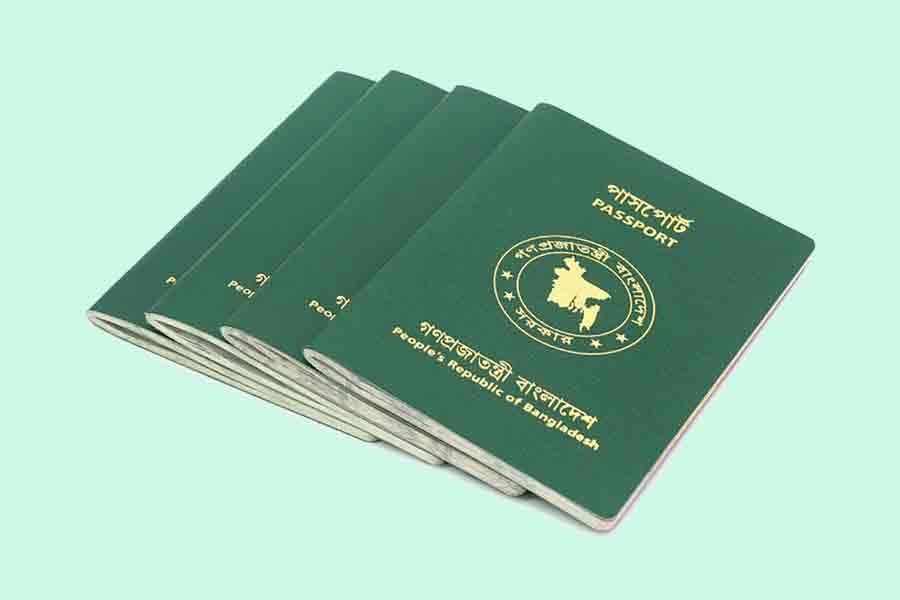Police verification is an essential part of obtaining a passport in Bangladesh. The idea is to ensure that the passport is given to a genuine citizen with no criminal records. So, it is necessary to verify the authenticity of the passport seekers' details and their status. While the necessity is justified, it also becomes one of the major sources of trouble for passport seekers. Though passport seekers pay the required fees while submitting their application, they also have to spend a good amount of money for police verification in most cases. A tradition has long been there to pay police who come to verify the addresses of the applicants physically. Over the years, the rate has increased. Even in some cases, applicants have to pay an almost equal amount of fees already paid.
Generally, the verification is done by the special branch (SB) of the police. Once the passport office has sent the applications and papers to the SB office, the process of verification starts. The assigned member of the SB staff communicates with the applicants and visits their present and permanent addresses, as given by the applicants, to check the genuineness. Then they send their report to the passport offices. Undoubtedly, it can be challenging for the police to do the work smoothly for various reasons. Sometimes, the applicants are not readily available. The remoteness of residences delays the work in some cases. Again, many applicants also rush to SB offices to reach the assigned staff and produce necessary documents. Thus, the whole thing is a time-consuming process.
Against the backdrop, Chattogram Metropolitan Police (CMP) has introduced a short-text message service (SMS) to update passport seekers. Now the applicants can quickly come to know the member of the police staff assigned to verify their details. Upon completion of the verification, CMP also sends short-test messages to the applicants, informing them whether the report is positive. Currently, a passport seeker can check the status of verification online. However, they need to go to the SB office to find the assigned police officer. The text-message service makes the procedure easy now.
The wonderful service, initiated by the CMP a few months back, has already eased the lives of passport seekers. They are no more in the dark about the phase of the verification process. Now they know where to go and whom to contact if and when required. The member of the police also does not need to take much trouble to find out the applicants. The move brings transparency to the police verification process, and the CMP has already received appreciation from passport applicants.
It also shows that it is not a big deal if any government agency wants to improve its service using information and communication technology (ICT). What is needed is a willingness to do so. It is, thus, expected that metropolitan police elsewhere in the country will also follow the model soon. There are many scopes to improve the service further. For example, besides short-message service, an email could also be sent to the passport seekers.
Finally, it is time to introduce a full-fledged online verification system for passport seekers. As the National Identification (NID) card is a must for availing of a passport for any Bangladeshi citizen above 18 years, it should be enough for background checking. Moreover, all valid mobile phone users have biometric registration. Thus a biometric database of the citizens is already there. Again, the police now regularly collect tenants' information in different cities, and the local police stations already have a set of data of the residents. All these data should be synchronised and preserved carefully to make a comprehensive database. The use of database will eliminate the necessity of a time-consuming physical verification system gradually.


